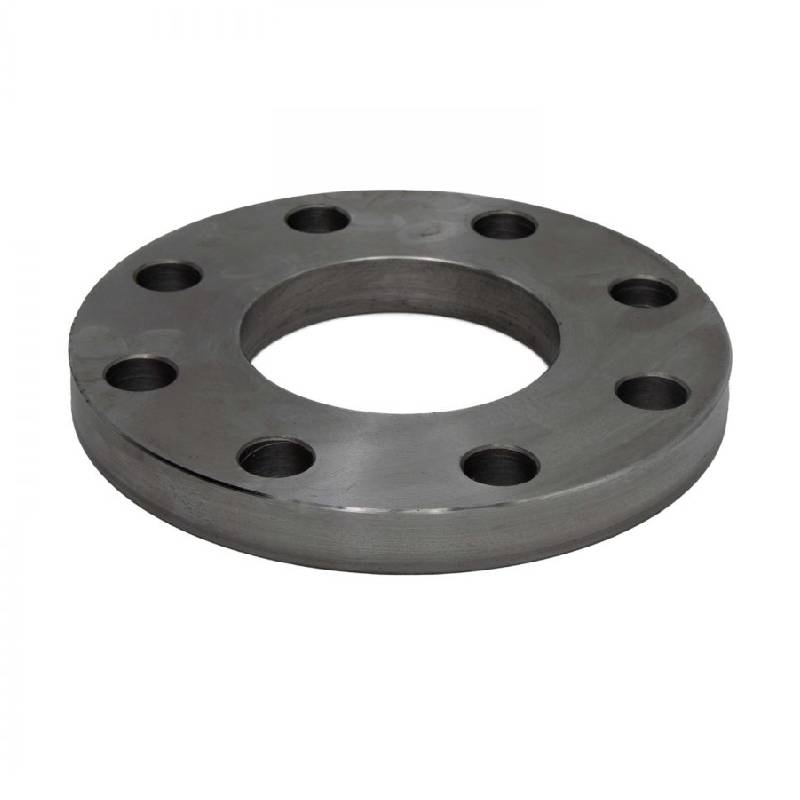-
Cangzhou Yulong Steel Co., Ltd.
-
Phone:
+86 13303177267 -
Email:
admin@ylsteelfittings.com
- English
- Arabic
- Italian
- Spanish
- Portuguese
- German
- kazakh
- Persian
- Greek
- French
- Russian
- Polish
- Thai
- Indonesian
- Vietnamese
- Zulu
- Korean
- Uzbek
- Hindi
- Serbian
- Malay
- Ukrainian
- Gujarati
- Haitian Creole
- hausa
- hawaiian
- Hebrew
- Miao
- Hungarian
- Icelandic
- igbo
- irish
- Japanese
- Javanese
- Kannada
- Khmer
- Rwandese
- Afrikaans
- Albanian
- Amharic
- Armenian
- Azerbaijani
- Basque
- Belarusian
- Bengali
- Bosnian
- Bulgarian
- Catalan
- Cebuano
- China
- China (Taiwan)
- Corsican
- Croatian
- Czech
- Danish
- Esperanto
- Estonian
- Finnish
- Frisian
- Galician
- Georgian
- Kurdish
- Kyrgyz
- Lao
- Latin
- Latvian
- Lithuanian
- Luxembourgish
- Macedonian
- Malgashi
- Malayalam
- Maltese
- Maori
- Marathi
- Mongolian
- Myanmar
- Nepali
- Norwegian
- Norwegian
- Occitan
- Pashto
- Dutch
- Punjabi
- Romanian
- Samoan
- Scottish Gaelic
- Sesotho
- Shona
- Sindhi
- Sinhala
- Slovak
- Slovenian
- Somali
- Sundanese
- Swahili
- Swedish
- Tagalog
- Tajik
- Tamil
- Tatar
- Telugu
- Turkish
- Turkmen
- Urdu
- Uighur
- Welsh
- Bantu
- Yiddish
- Yoruba

Aug . 01, 2024 07:46 Back to list
Understanding JIS B2220 Flanges and Their Applications in Modern Engineering Design
Understanding JIS B2220 Flanges Specifications and Applications
Flanges are critical components in piping systems, providing a connection point between two pipes, valves, or equipment. Among various standards used worldwide, the JIS B2220 standard for flanges is particularly significant in Japan and is gaining recognition in other regions for its robust specifications and applications. This article explores the JIS B2220 standard, its specifications, and its applications in various industries.
Overview of JIS B2220 Standard
The JIS B2220 standard, established by the Japanese Industrial Standards (JIS), provides guidelines for the design, manufacture, and testing of flanges to ensure compatibility and safety in piping systems. It covers a wide range of flange types, including slip-on, weld neck, blind, and threaded flanges, catering to different industrial needs.
One of the defining features of JIS B2220 flanges is their specific designations based on size and pressure ratings. The standard categorizes flanges into various classes, typically ranging from 5K to 20K, indicating the maximum allowable working pressure (MAWP) at a specified temperature. This allows engineers and designers to select the appropriate flange based on the operational conditions of their systems.
Specifications of JIS B2220 Flanges
The specifications outlined in the JIS B2220 standard cover not only dimensions but also material properties and testing methods. Common materials used for manufacturing JIS B2220 flanges include carbon steel, stainless steel, and alloy steel, allowing for versatility in applications dependent on environmental conditions and mechanical requirements.
Some key specifications include
- Dimensions JIS B2220 provides detailed information on the flange’s outer diameter, inner diameter, thickness, and bolt hole drilling patterns. This ensures that flanges can be correctly aligned with piping systems. - Material Grades The standard specifies various material grades, ensuring that the flanges can withstand different pressures and temperatures. For instance, JIS G3101 and JIS G3106 are commonly referred for structural steel and low-alloy steel flanges, respectively.
jis b2220 flange

- Testing and Quality Control To ensure reliability, flanges manufactured under JIS B2220 must undergo rigorous testing methods such as hydrostatic pressure tests, visual inspections, and non-destructive testing. This is crucial in preventing failures that can lead to hazardous situations in industrial settings.
Applications of JIS B2220 Flanges
Due to their reliable specifications and quality, JIS B2220 flanges find applications across various industries. Some notable sectors include
1. Oil and Gas JIS B2220 flanges are widely used in the construction of pipelines and refineries due to their ability to handle high-pressure environments, thus ensuring safety and efficiency in transporting hydrocarbons.
2. Chemical Processing Flanges conforming to this standard are often utilized in chemical plants where corrosive substances are present. Their robust material properties enhance durability and resistance to chemical reactions.
3. Marine Engineering In marine applications, where components are subjected to harsh environments, JIS B2220 flanges provide the necessary strength and resistance against corrosion, ensuring the longevity of the equipment.
4. Power Plants Flanges used in thermal and hydroelectric power plants must withstand high pressures and temperatures. JIS B2220’s rigorous specifications make these flanges ideal for such demanding environments.
Conclusion
The JIS B2220 standard for flanges plays an essential role in ensuring the safety, efficiency, and reliability of piping systems across multiple industries. With stringent specifications governing design, materials, and testing, JIS B2220 flanges facilitate the creation of robust connections that are vital in preventing leaks and maintaining operational integrity. As industries continue to evolve and adopt international standards, the importance of understanding and implementing JIS B2220 flanges will remain paramount in engineering and design practices worldwide.
Latest news
-
ANSI 150P SS304 SO FLANGE
NewsFeb.14,2025
-
ASTM A333GR6 STEEL PIPE
NewsJan.20,2025
-
ANSI B16.5 WELDING NECK FLANGE
NewsJan.15,2026
-
ANSI B16.5 SLIP-ON FLANGE
NewsApr.19,2024
-
SABS 1123 FLANGE
NewsJan.15,2025
-
DIN86044 PLATE FLANGE
NewsApr.19,2024
-
DIN2527 BLIND FLANGE
NewsApr.12,2024
-
JIS B2311 Butt-Welding Fittings LR/SR 45°/90° /180°Seamless/Weld
NewsApr.23,2024











